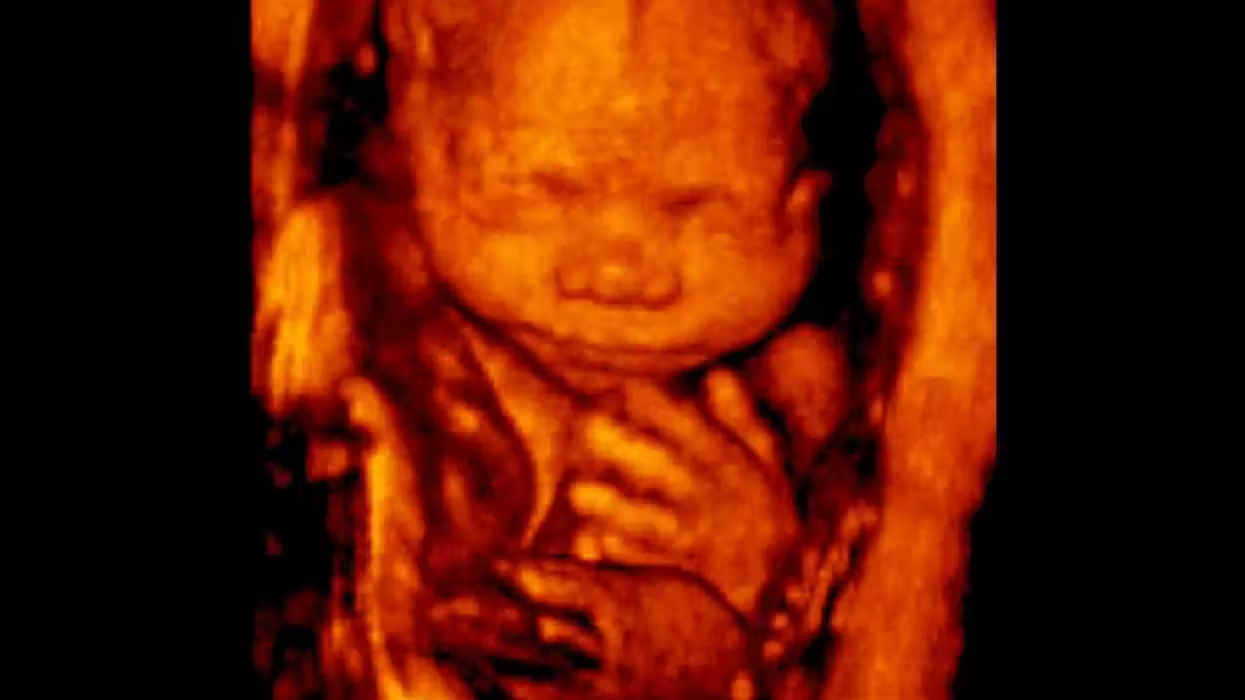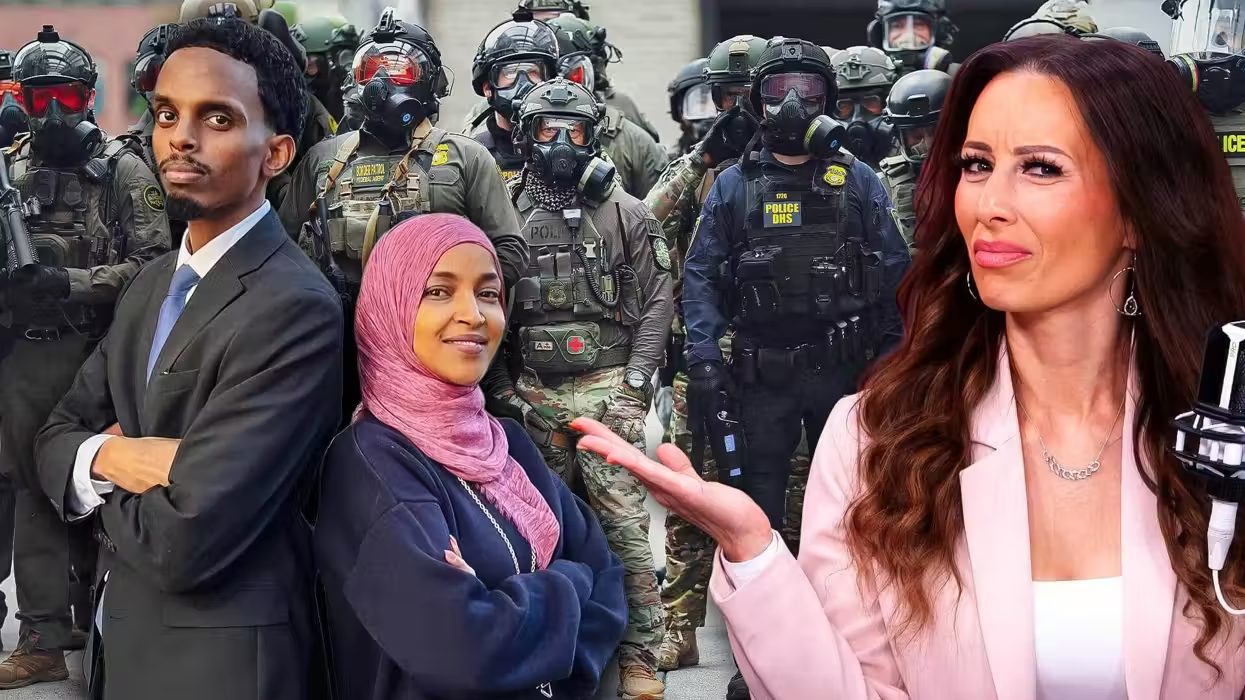
© 2025 Blaze Media LLC. All rights reserved.
On top of making the rounds on the media circuit touting the first anniversary of the raid that killed Osama bin Laden, President Obama will be declassifying "some" of the files obtained during the raid by Navy SEALs, including some of Osama bin Laden's last written or typed words. The sampling of documents is set to go on display this week at the U.S. Army's Combating Terrorism Center at West Point military academy.
This is great, but why not release most all of them? Weekly Standard's Thomas Joscelyn wonders -- what's the hold up?
Yes, some files still contain operationally relevant intelligence and exceptions can be made in such cases. But the vast majority of bin Laden’s documents should be made freely available online. Why?Everything in what was formerly known as the “war on terror” has been the subject of a fierce and partisan debate – from the war in Afghanistan to the strength of al Qaeda today. And perhaps the best way for the American public to have an informed, intelligent debate is to see how al Qaeda’s deceased master viewed the world. This is especially true in the middle of an election year in which America’s fight against al Qaeda has already been politicized.
Some of the documents will likely help President Obama make his case. Others probably will not. We should see them all (again, with as few exceptions as possible) and let the American people be the judge.
This is an important point -- what's released has the potential to paint a picture which the entire collection might not otherwise demonstrate. They also threaten to undermine President Obama's agenda going into the November elections. Take, for instance, the Obama administration's decision to negotiate U.S. withdrawal from Afghanistan and negotiations with the Taliban:
The latest report comes from Jason Burke of the Guardian (UK). We learn the files “show a close working relationship between top al Qaeda leaders and Mullah Omar, the overall commander of the Taliban, including frequent discussions of joint operations against NATO forces in Afghanistan, the Afghan government and targets in Pakistan.” One of Burke’s sources says that the files indicate a “very considerable degree of ideological convergence” between the Taliban and al Qaeda. ...The Washington Post’s Greg Miller reports that the files include “a lengthy paper by bin Laden’s successor, Ayman al Zawahiri, laying out the al Qaeda strategy for Afghanistan in the years after the United States withdraws, current and former U.S. officials said.” This contradicts the idea that al Qaeda doesn’t have an eye on Afghanistan.
"Let the American people see Osama bin Laden’s files and then judge for themselves whether or not the 9/11 wars are a thing of the past," Joscelyn concludes.
Want to leave a tip?
We answer to you. Help keep our content free of advertisers and big tech censorship by leaving a tip today.
Want to join the conversation?
Already a subscriber?
more stories
Sign up for the Blaze newsletter
By signing up, you agree to our Privacy Policy and Terms of Use, and agree to receive content that may sometimes include advertisements. You may opt out at any time.
Related Content
© 2025 Blaze Media LLC. All rights reserved.
Get the stories that matter most delivered directly to your inbox.
By signing up, you agree to our Privacy Policy and Terms of Use, and agree to receive content that may sometimes include advertisements. You may opt out at any time.





